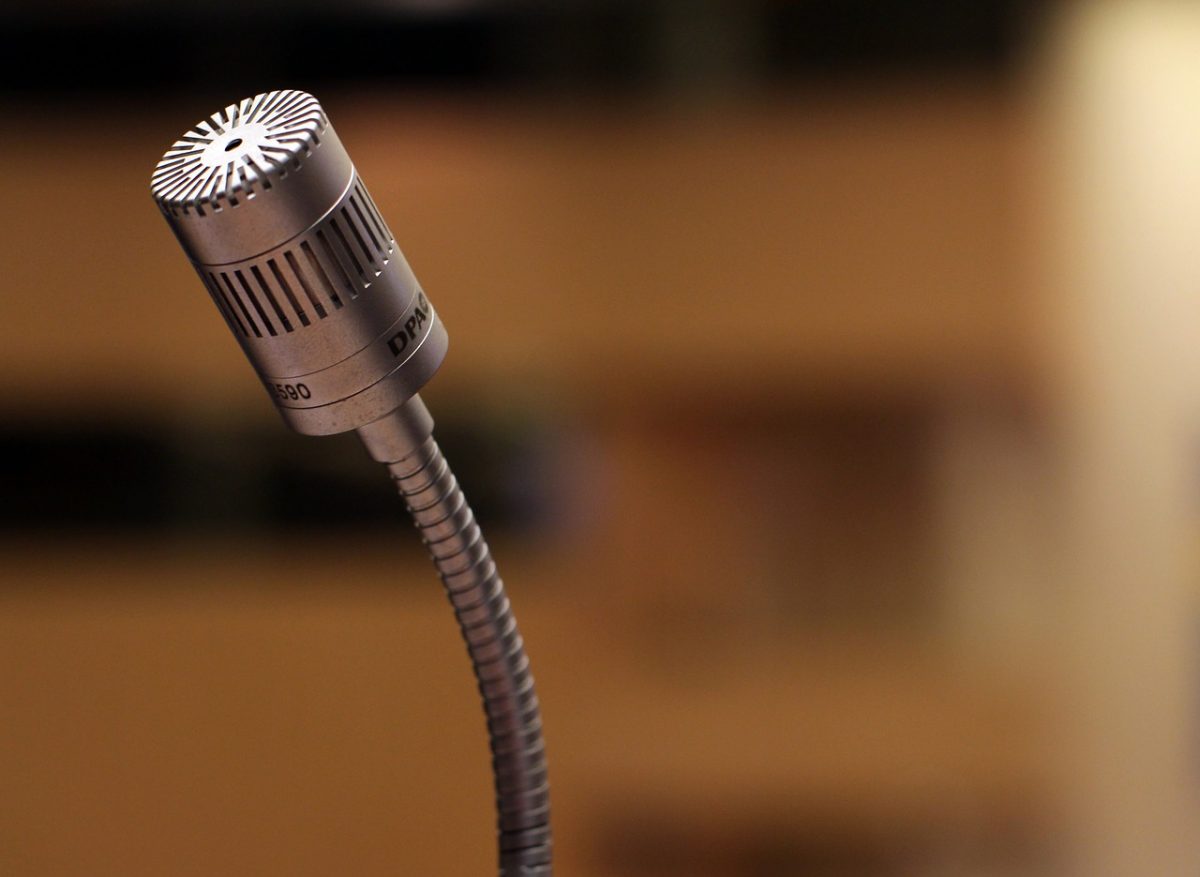Is There a Lot of Public Speaking in Law School?
Is There a Lot of Public Speaking in Law School?
Many prospective students wonder if there is a lot of public speaking in law school. While the answer is yes, there’s no reason to be discouraged! Law school is an excellent place to build and refine your public speaking skills. The majority of jobs in law involve some form of public speaking. Law school gives you many of the tools you will need to succeed. Lawyers are constantly arguing in front of judges, speaking with clients, and negotiating with other parties. Thus, law school will expose you to many types of public speaking situations and allow you to develop your approach. You will leave law school with a strong sense of your strengths and weaknesses as a lawyer. Public speaking in law school doesn’t have to be a chore. Rather it is a means to a very rewarding end!
What to Expect in Your Four Biggest Public Speaking Challenges in Law School!
For advice on how to approach public speaking in law school, see this post on public speaking tips for law students and lawyers!
Here are the four most commonly found examples of public speaking in law school.
1. Cold Calling
The most frequently experienced example of public speaking in law school is known as “cold calling.” When you attend class each day, the majority of professors won’t ask for volunteers to discuss the material. They will just call on you and ask you questions about the reading assignment. While this isn’t quite as nerve-wracking as speaking in front of a judge, it does require you to analyze and interpret material in front of authority figures and your peers. Sound scary? It doesn’t need to be! Who better is there to understand if you make a mistake than the other nervous students sitting around you?! Your professors aren’t there to punish you – they want to help you and will often steer you in the right direction. And since this is just school, very little is actually on the line.
To avoid embarrassing cold call situations, always prepare for class. You will look much worse to a professor if you haven’t reviewed the material than if you stumble your way through or if you make an honest mistake. The first few experience will be tough, but it gets much easier with practice!
Note that not all professors “randomly” call on students. Some take volunteers. Others will call on students in alphabetical order or by calling on students up and down rows. So it is more predicable in some classes than others.
2. 1L Oral Arguments
Most law schools ask their students to complete some sort of oral argument at the end of their 1L year. This is one of the most life-like examples of public speaking in law school as it simulates what it will be like to present to a judge. Typically you are given some sort of problem and then must argue a motion or give an opening argument in front of a panel of community judges.
The key here is to practice and be confident! This is typically more of a private exercise than cold calling, so don’t be nervous about what your friends might think. Take this as a learning opportunity. Again, nothing of true real world significance is on the line. You don’t hold the fate of a client in your hands. Oral arguments are the perfect time for you to experience what most lawyers do without all of the pressure. For more specific advice on this topic, see this post on law school oral argument tips!
3. Extracurricular Activities
After your 1L year, students are encouraged to join an extracurricular activity such as moot court, law review, or mock trial (see this post for an in-depth description of each option!). Two of these, moot court and mock trial, involve extensive public speaking opportunities. These organizations allow you to do exactly what most trial lawyers do. You gain invaluable hands on experience in how the court process operates. Moot court and mock trial take the public speaking involved in oral arguments to the next level. Working in teams, you will either develop a brief and engage in an oral argument, or prepare and execute a trial. Participants are involved in a number of in-school competitions before the best teams are sent across the country to compete with others. You will be speaking in front of not only your law school peers, but also students, judges, and lawyers from many communities.
These extracurriculars offer you a fun way to practice your public speaking skills without it impacting your grade. But they also challenge you with simulations that are as close to life-like as you can get. If you can complete this tough example of public speaking in law school, there is nothing you won’t be able to handle as a lawyer.
4. Public Speaking In Law School Clinics
During 2L or 3L year, many students choose to participate in law school clinics for credit. Unlike the previous three examples, here you are actually interacting with real clients and handling real cases. Since you have a professor to guide you, rest assured that you won’t be causing any disasters. However, this is a great chance for law students to practice developing relationships with clients and getting a taste for how they can affect lives. There is so much to gain from participating in a law school clinic that you hardly even think of it as public speaking. It is one of the most rewarding experiences you can have.
Everyone gets nervous about public speaking in law school, but clinics are the best way to feel the joy in helping others. The pride and sense of accomplishment you get after finishing with a client far outweighs all of the public speaking fears in the end.
Laura Sigler, a JD Advising bar exam essay grader, who graduated cum laude from Wayne State University Law School wrote this post.
Seeking Success in Law School?
- Benefit from personalized one-on-one tutoring by our seasoned law school tutors.
- Explore our NEW and highly acclaimed law school study aids, available for a free trial.





